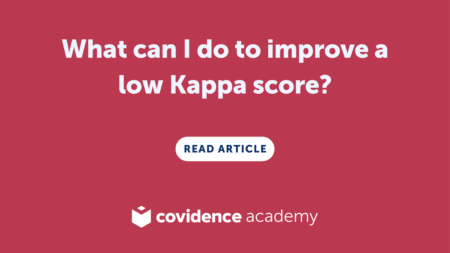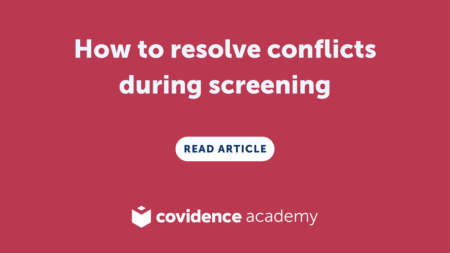Full text screening is the next step following title and abstract screening. Full text screening ensures that the included studies in the systematic review are relevant and meet all eligibility (inclusion and exclusion) criteria.
So why is full text screening important?
Ensuring relevance: Full text screening checks whether the whole article meets the inclusion and exclusion criteria of the review. Sometimes the information provided in the title and abstract is insufficient to determine relevance or may contain inaccurate information. Full text screening therefore enables a comprehensive evaluation.
Identification of potential bias: Some studies could report additional data or outcomes in the main body of the paper that were not mentioned in the abstract. Alternatively, some outcomes that were listed in the abstract may not be reported in the full text.
Improves quality assessment: Full text screening ensures that methodological as well as outcome data are screened. This is important if methodological quality is a component of the eligibility criteria.
During full text screening the PDF/full text of the potential study is read and assessed to see if the study meets all eligibility criteria. If inclusion criteria are met the study will then be ready for data extraction. If the study is excluded then a reason must be provided for each study which can be displayed in the PRISMA figure.
Full text screening in a systematic review should ideally be undertaken by two independent reviewers. Where there are conflicts (disagreements) in voting selection the options include a resolution between reviewers or the use of a third independent adjudicator where conflicts cannot be resolved.
Click here to go back to Covidence Academy.
Already have an account? Sign in and start screening!
Explore more resources.


